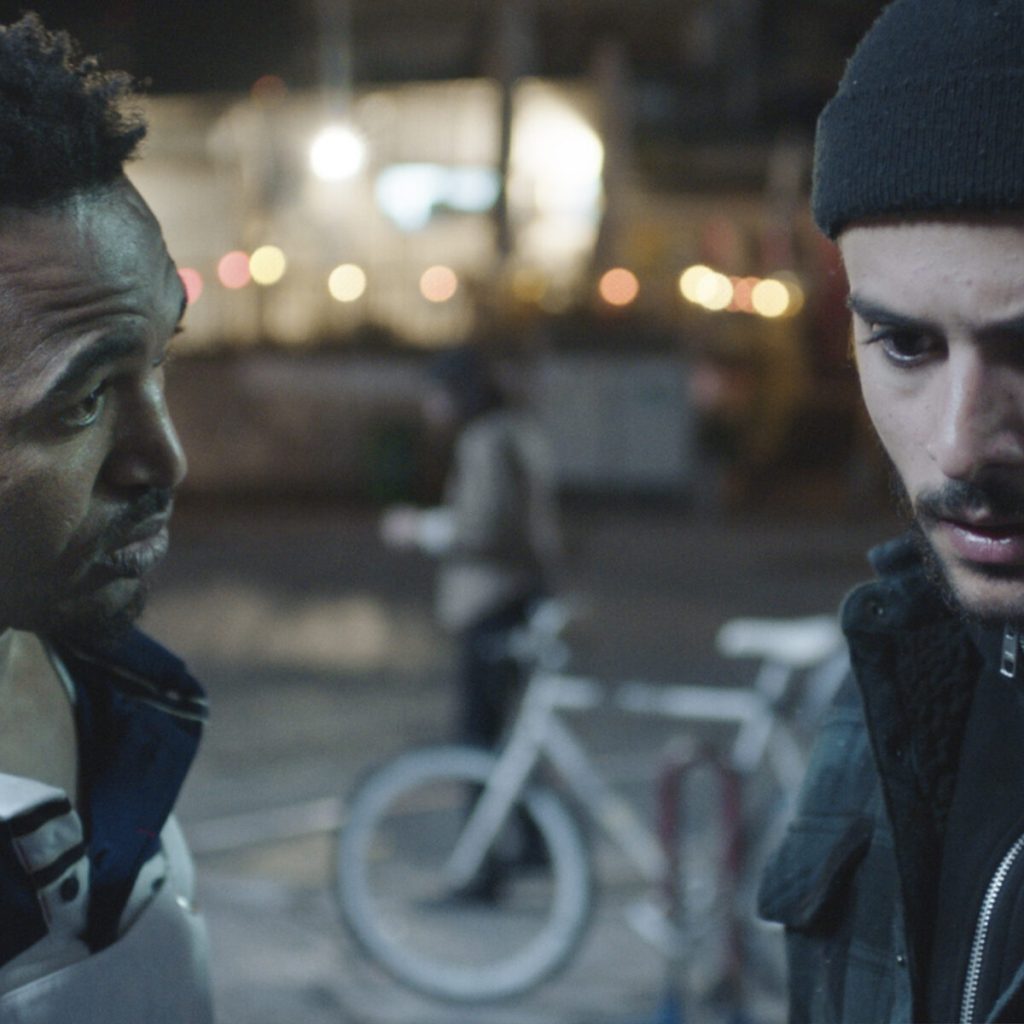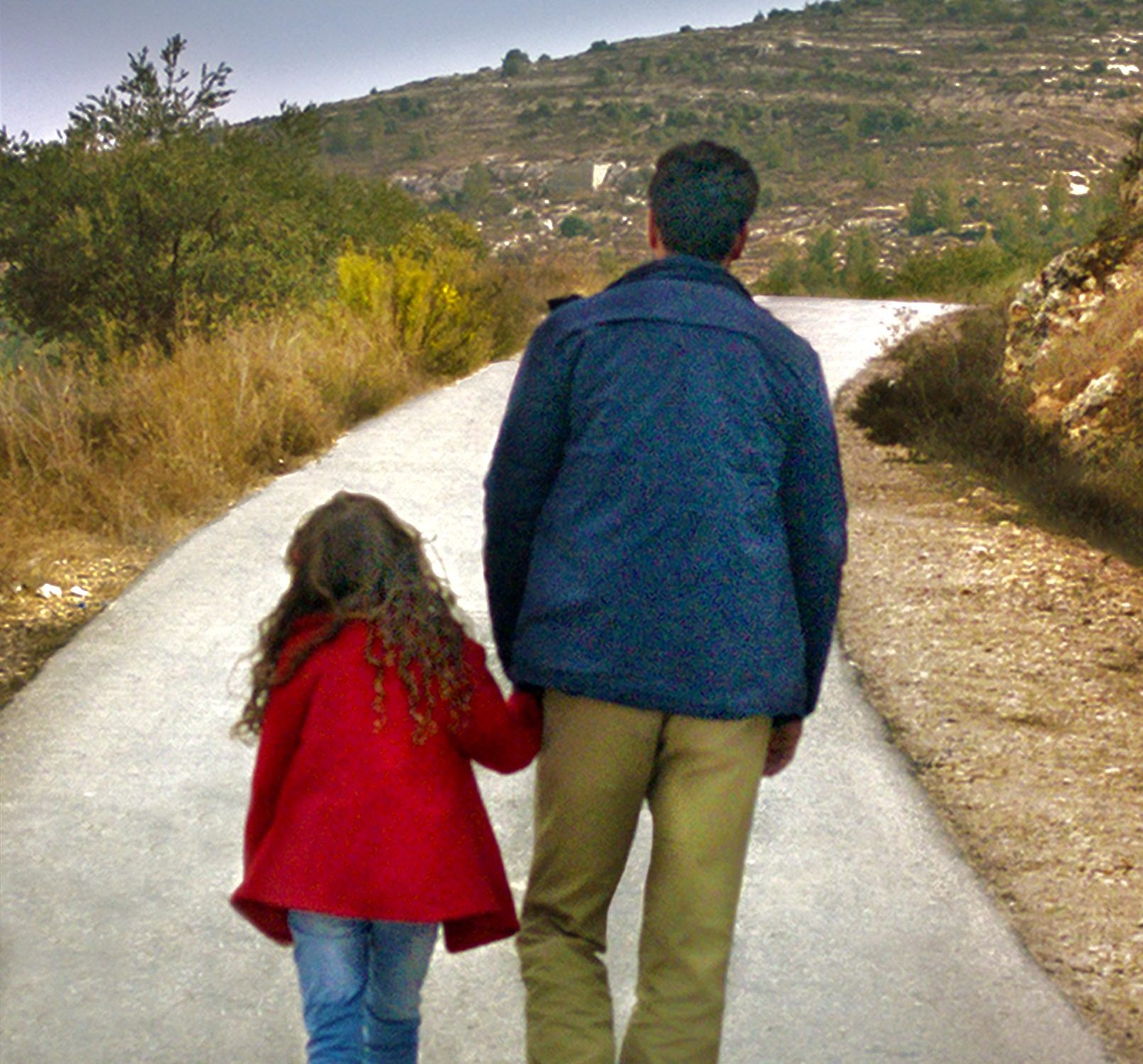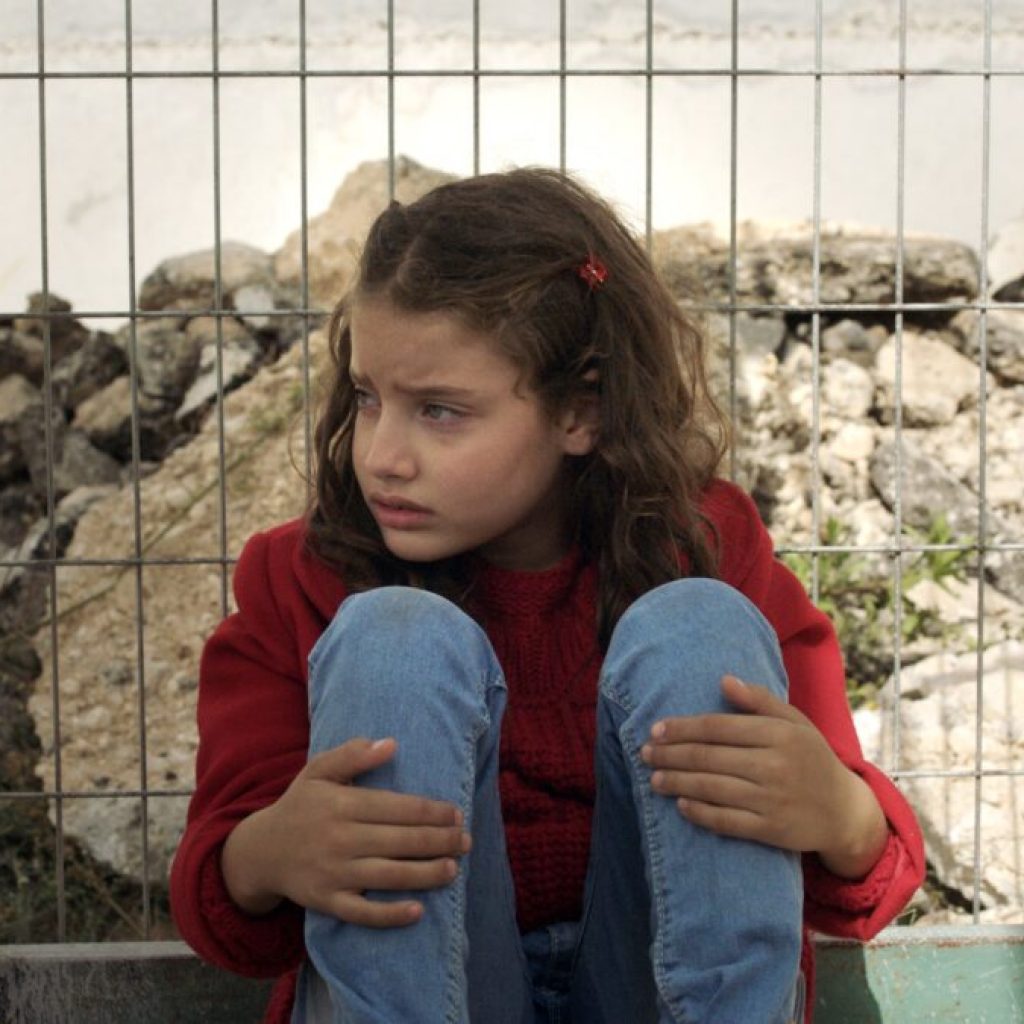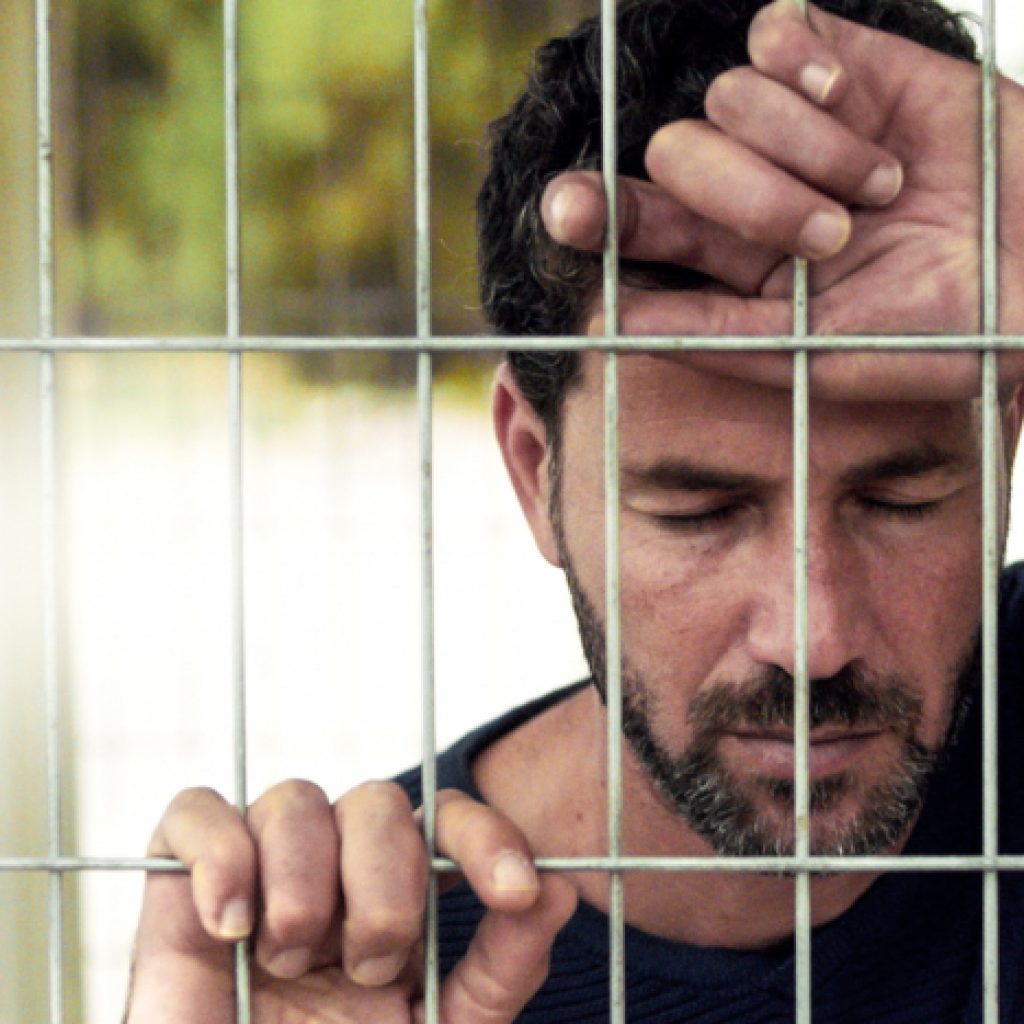Echoing the 2013 Academy Awards, when both an Israeli and a Palestinian film were nominated for the ‘Best Documentary’ Oscar, in 2021 we again have two films from our the-land-of-Green-Olive going head-to-head. This year, Farah Nabulsi’s The Present and Tomer Shushan’s White Eye are among the five films up for an Oscar in the ‘Best Live Action Short Film’ category.
Previously on this blog we reviewed the 2013 Best Documentary candidates (The Gatekeepers and Five Broken Cameras) and today we’ll compare and review the two latest excellent Israeli/Palestinian films to gain international recognition. It’s interesting to note that both plots revolve around everyday items becoming stuck, and then use this to explore themes of racism and prejudice in their respective societies.
White Eye

Israel’s nominee is a remarkable result for young director Shushan, who shot the film in one-take over the course of one night in south Tel Aviv. Originally released in an Israeli student film festival, his rapid rise to Academy Award nomination is impressive. The plot is inspired by real events experienced by the director himself and hastily written into a script immediately after they occurred. Everything about this movie is fast – from the breathlessness of the shoot, to the characters’ instantaneous reactions – and all this is a tribute to the real events.
It begins with the main character, Omer – a young, handsome, Ashkenazi, Tel Avivi hipster – noticing his recently stolen bicycle locked up on the street. He soon meets Yunes, an Eritrean refugee working in a nearby meat packing plant, who he accuses of being the thief. Self taught actor Dawit Tekelaeb does an excellent job in this role, and his expression alone makes it immediately clear to the viewer that his character bought the bike not knowing it was stolen. His earnest pleas and the child’s bike seat affixed to the back eventually erase Omer’s resolve, but not before the police have arrived.
Yunes’s tale is similar to thousands of mostly Eritrean and Sudanese asylum seekers living in these same neighbourhoods of south Tel Aviv – places like Neve Shaanan and Shapira. Fleeing violence at home and suffering terribly as they came on foot through Egypt and the Sinai Desert, they have spent in many cases over 10 years in Israel asking for rights and legal status. Only four people have been granted refugee status by Israel, with the rest either moving to third countries like Canada as official UNHCR refugees or staying and living in Israel in a kind of legal limbo with patchy work permits granted usually temporarily and providing very limited rights.
As the police arrive, the desperate nature of Yunes’s situation is sharply brought into focus as his permit has expired and his well meaning boss tries to defend him. Meanwhile Omer’s privilege is plain for all to see as we uncover practical details like his new phone or his computer, but also more abstract examples like his variety of options for how to deal with the situation and his inclination to rely on the legal system, which despite the shortcomings of the police, is built to support him. This is not lost on Omer himself, who makes a profound personal journey in just 20 short minutes. The tragic, pointless ending is nevertheless deeply satisfying and seals this film as a great piece of Israeli cinema.
The fact that last year’s ‘best short’ Oscar was won by an Israeli director for a film dealing with racism may well count against White Eye winning in 2021. Although its not quite as good a piece of cinema, the Palestinian counterpart may have a better chance of taking the prize as its the kind of story more rapidly understood with characters more easily categorised into good guys and bad.
The Present

This film is also an early release by a talented young director at the start of their career. Farah Nabulsi was born and raised in London, the daughter of Palestinian refugees, and had built a successful career as a stockbroker before turning to film just five years ago. Her work to date has been very well received and focuses exclusively on the plight of Palestine. The Present is no different and packs an impressive amount of emotion and political punch into its similar runtime of just over 20 minutes. It tells the story of Yusuf (Saleh Bakri) and his daily struggle against the Occupation. It shows his backbreaking sleep outdoors alongside the Wall and 300 Checkpoint in Bethlehem. It shows his struggle to cross for work alongside hundreds of others in the early hours of the morning. It shows his humiliating daytime journey with his daughter Yasmin (the brilliant, young, Mariam Kanje) as they try to bring the titular present back home to his wife. It shows the daily struggle against this humiliating and invasive system but most of all it highlights how arbitrary it all is.

It is brilliantly acted and the frustration the viewer shares with Yusuf and his family is visceral. Seeing the big and strong Yusuf rendered powerless in front of his daughter is a scene repeated regularly at the dozens of checkpoints across the West Bank. This will be a familiar story to readers of the Green Olive blog, but also by now to the general public. The biggest criticism of the film is the monolithic way in which it deals with what is, by now, a sadly well-worn tale. The Israeli soldiers are inhumane oppressors violating the human rights of innocent Palestinian mothers, fathers and children, while Israeli citizens are willing participants in this atrocity, as attested to by the smiling carload of settlers who sail through the checkpoint with a wave as Yusuf is interrogated nearby. Of course the reality is more complex than this and its a shame that the message is dumbed down somewhat. The institutional and bureaucratic side of the Occupation is much more powerful than an individual rude soldier, but this doesn’t make for such dramatic cinema. It’s hard though not to feel like leaving out some key details or glossing over others cheapens the call to action.
Powerful clandestine footage of the 300 Checkpoint was filmed for the shots of the early morning crush of workers trying to cross, but the longer scenes take place at a smaller, stage crafted checkpoint. Although the first footage is as shocking as it should be, the second somehow fails to ring true. The film fails to show the specific logistical challenges of the Occupation and ignores the fact that most of the internal checkpoints within the West Bank have been dismantled over the past decade of so. This omission is natural enough in the circumstances of what is trying to be told, but precision wherever possible makes a political point more powerful than generalisations.

However, The Present is not a Green Olive tour, but rather a piece of art, and here the generalisation is the point. The arbitrary and often random nature of the Occupation is what Nabulsi is trying to show, and here she succeeds. The fact that the checkpoint isn’t named, or that the necessity of travelling through that specific route wasn’t explained, may have riled me, but it’s probably not necessary to the general viewer. I was nevertheless still left with a feeling that the film took the easy way out and could have been a really groundbreaking political tool, instead of just a nice bit of political cinema.
Perhaps the biggest tragedy is that this story has been told in different ways so many times and yet abuses continue. With such a talented team it seems that this could have been an opportunity to tell the story in a slightly more subtle way, yet overall The Present still contains a powerful message which with an Oscar nod will surely reach a wide audience.
The film is available to be streamed on Netflix or you can watch the trailer below.

Comment (0)